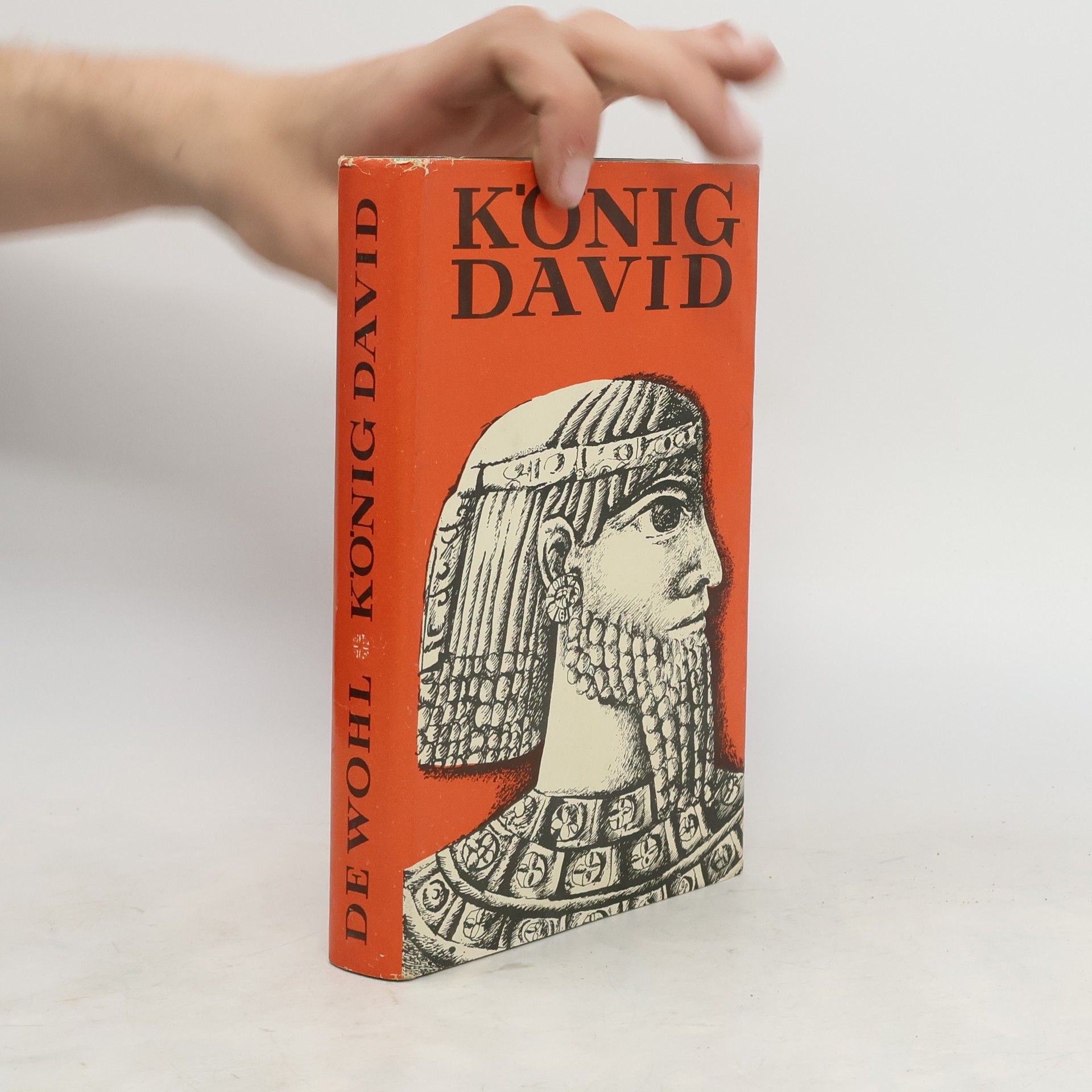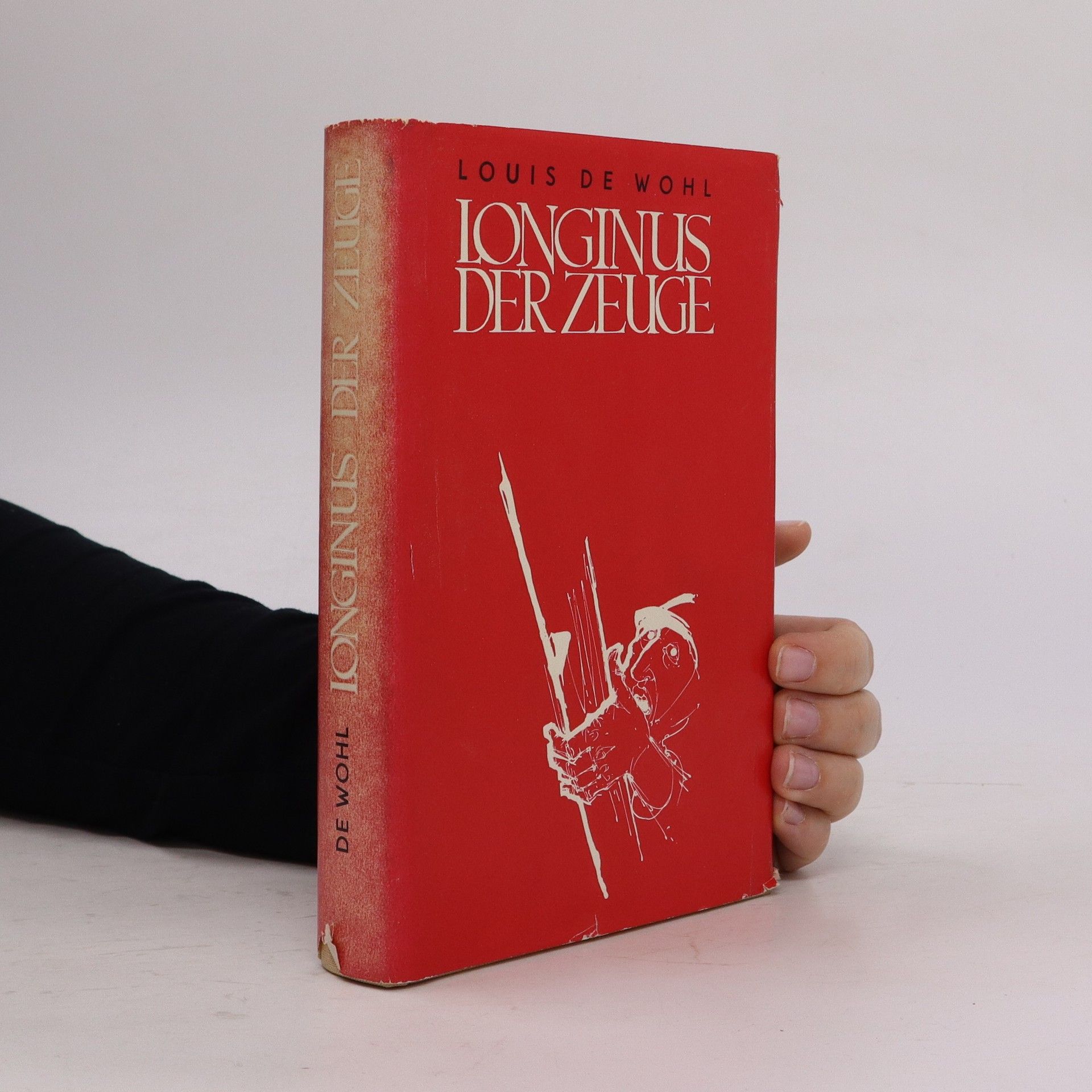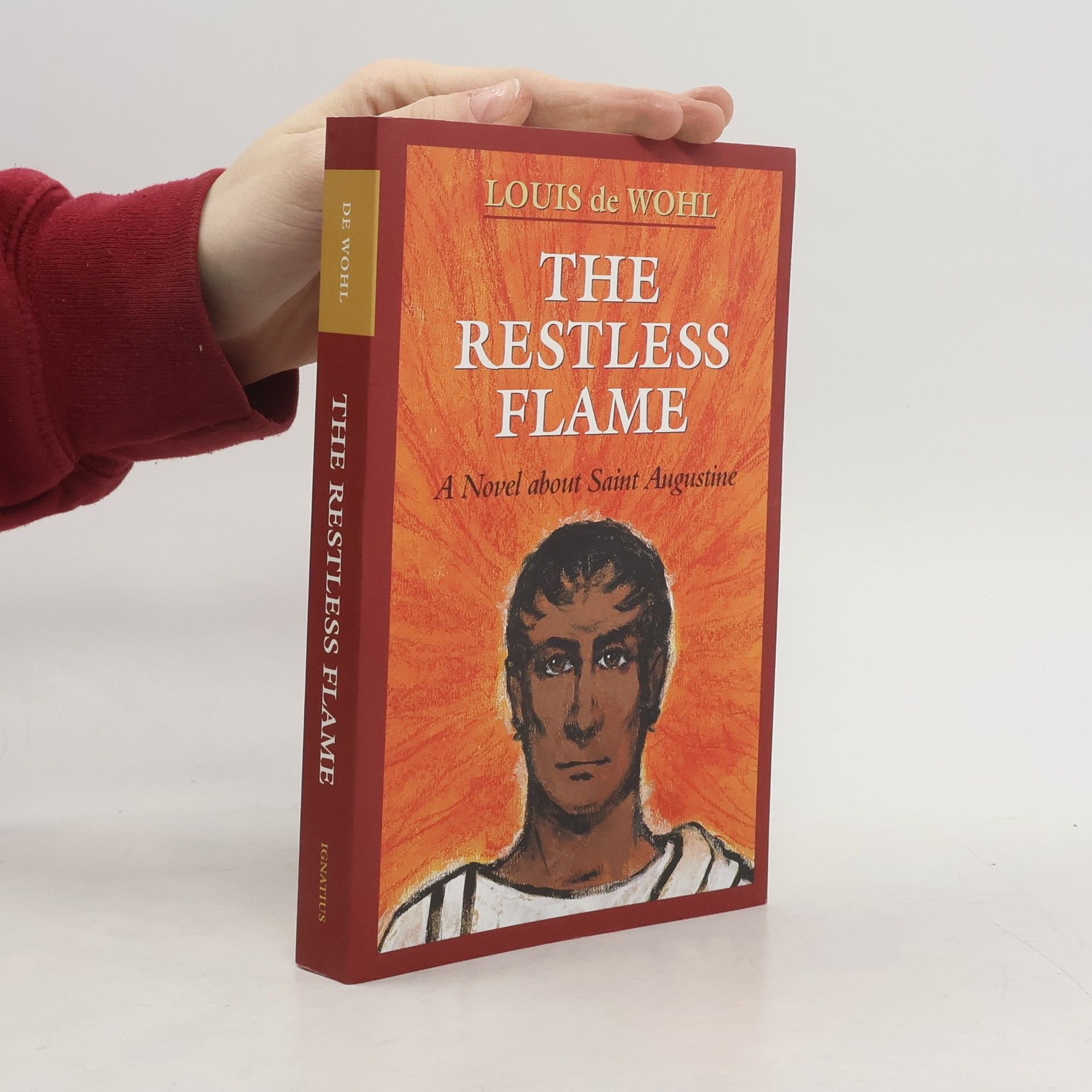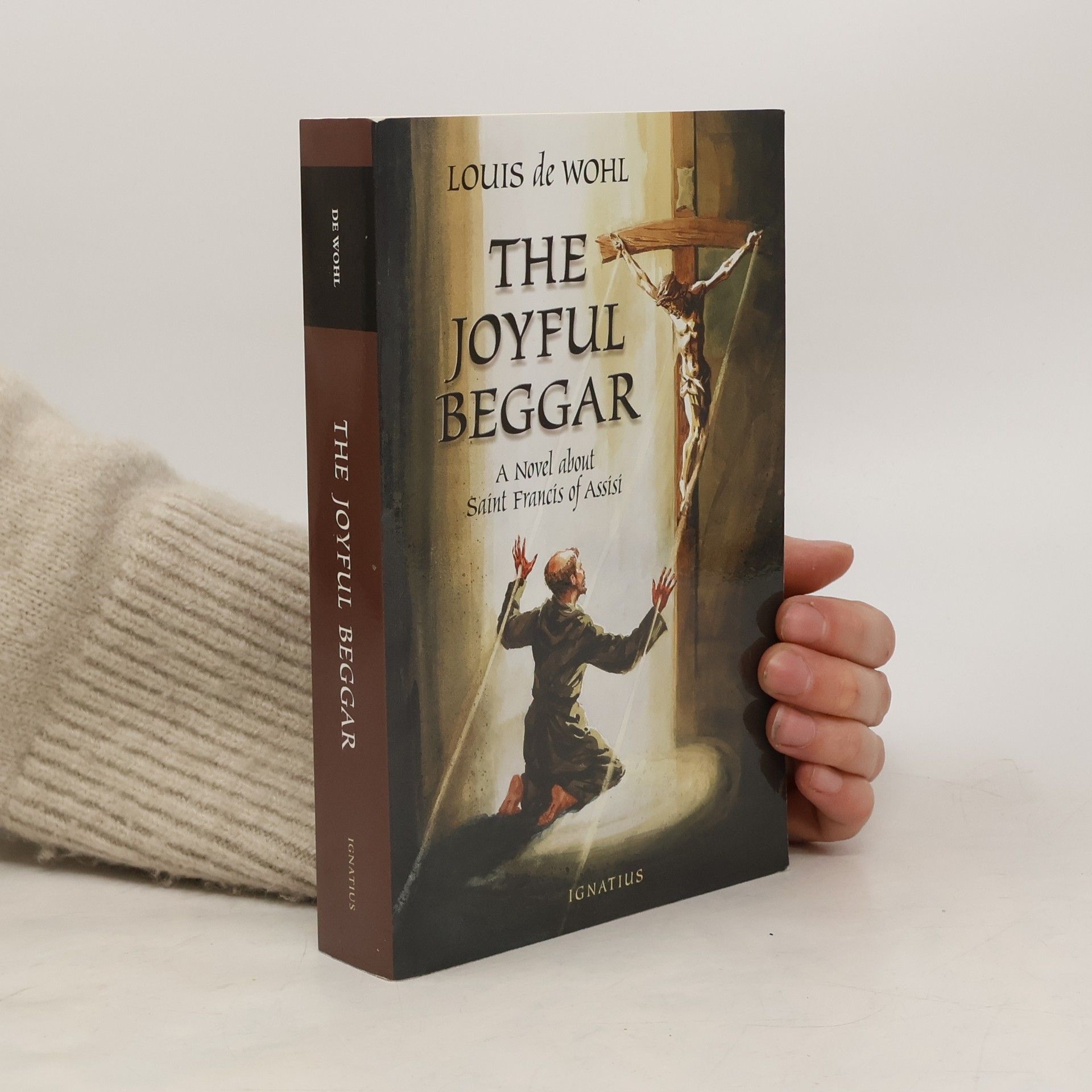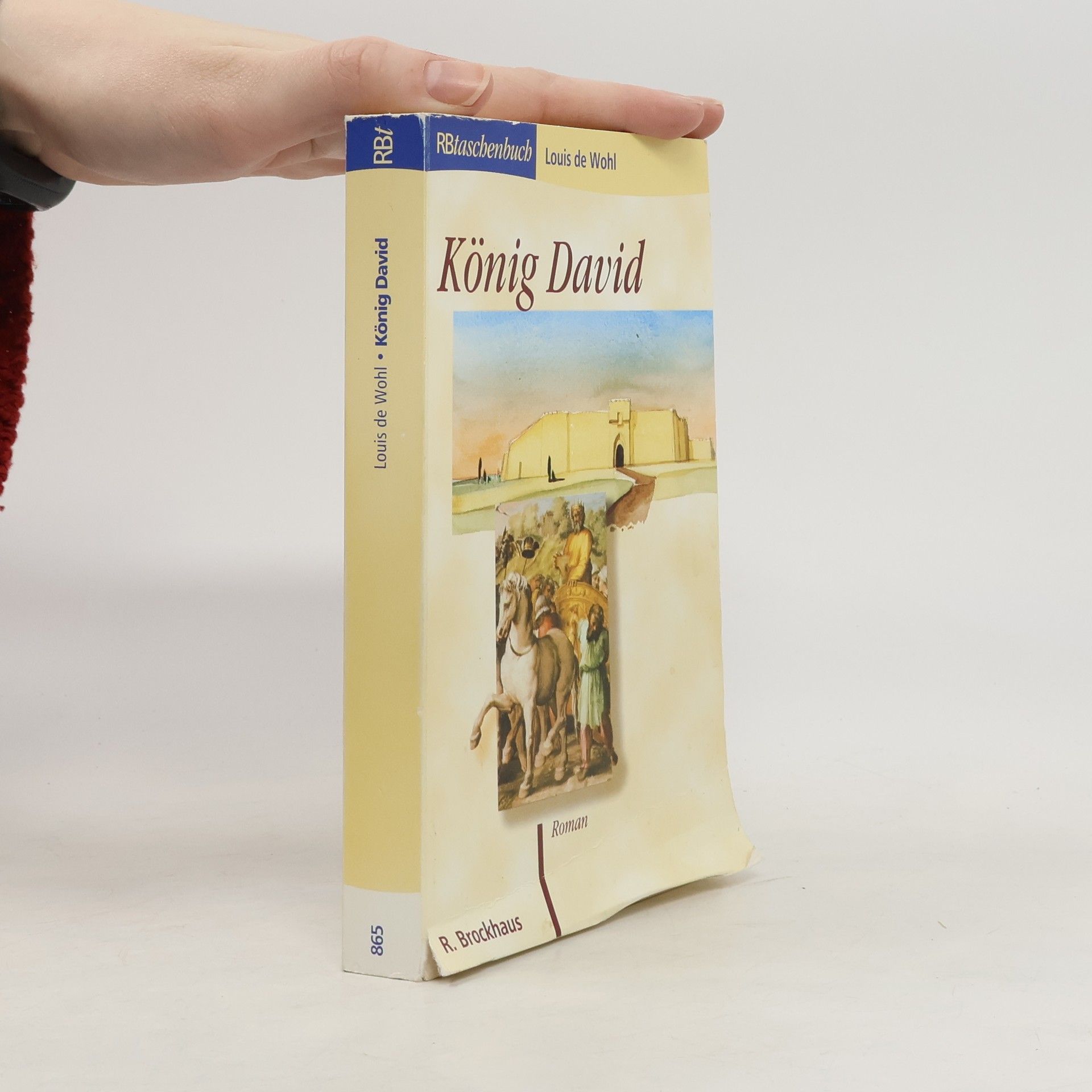Joyful Beggar: A Novel of St. Francis of Assisi
- 374 pages
- 14 hours of reading
Set in the turbulent 13th Century, the narrative follows Francis Bernardone, a young officer whose journey from a pleasure-seeking life to becoming St. Francis of Assisi unfolds amidst vibrant action and rich historical context. The story features a cast of compelling characters, including the saintly Clare, the formidable King Frederick, and the Sultan Al Kamil, as it traverses iconic locations like Assisi, Rome, and Egypt. De Wohl's storytelling captures the drama and pageantry of an era marked by faith and conflict.


